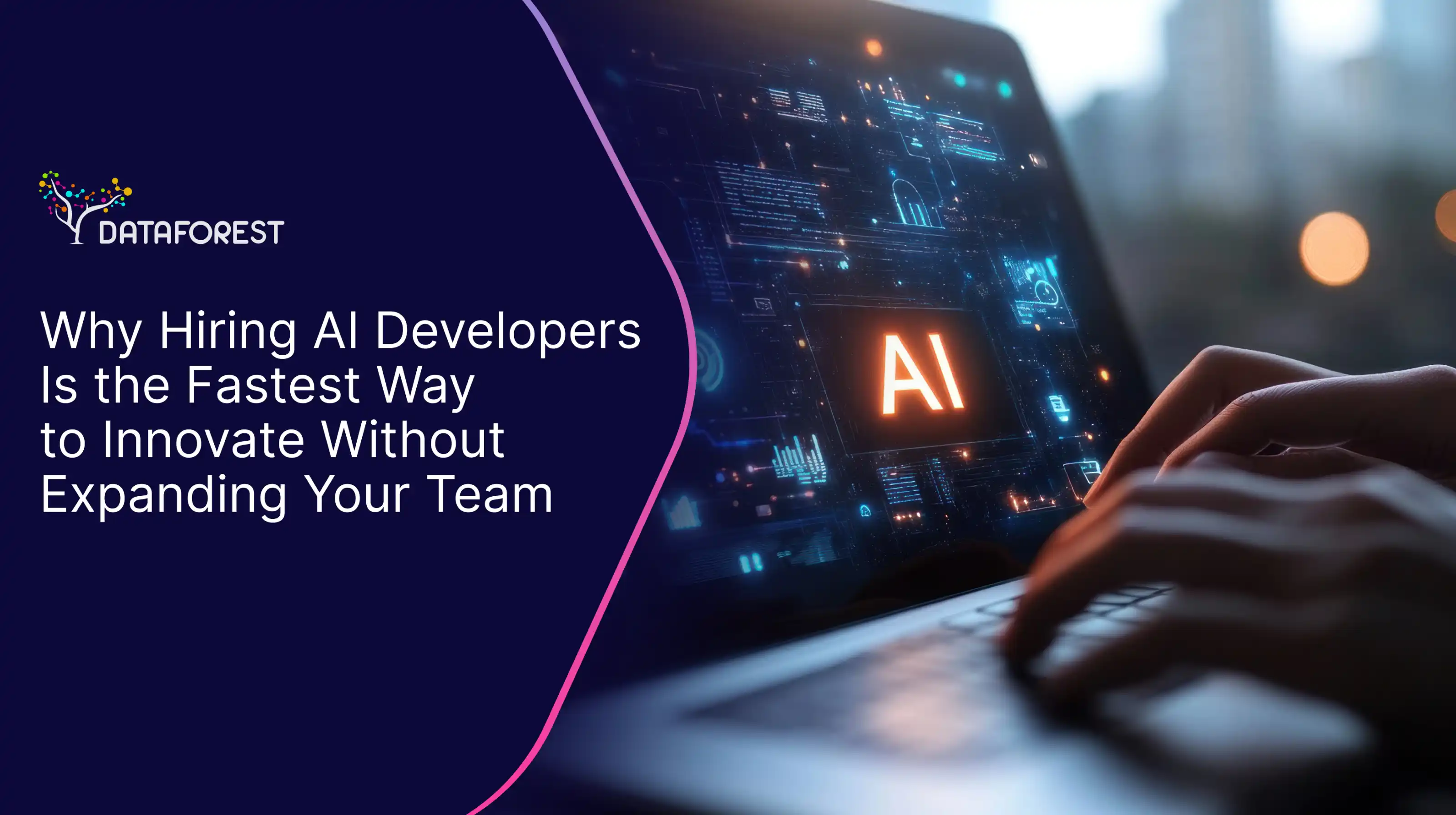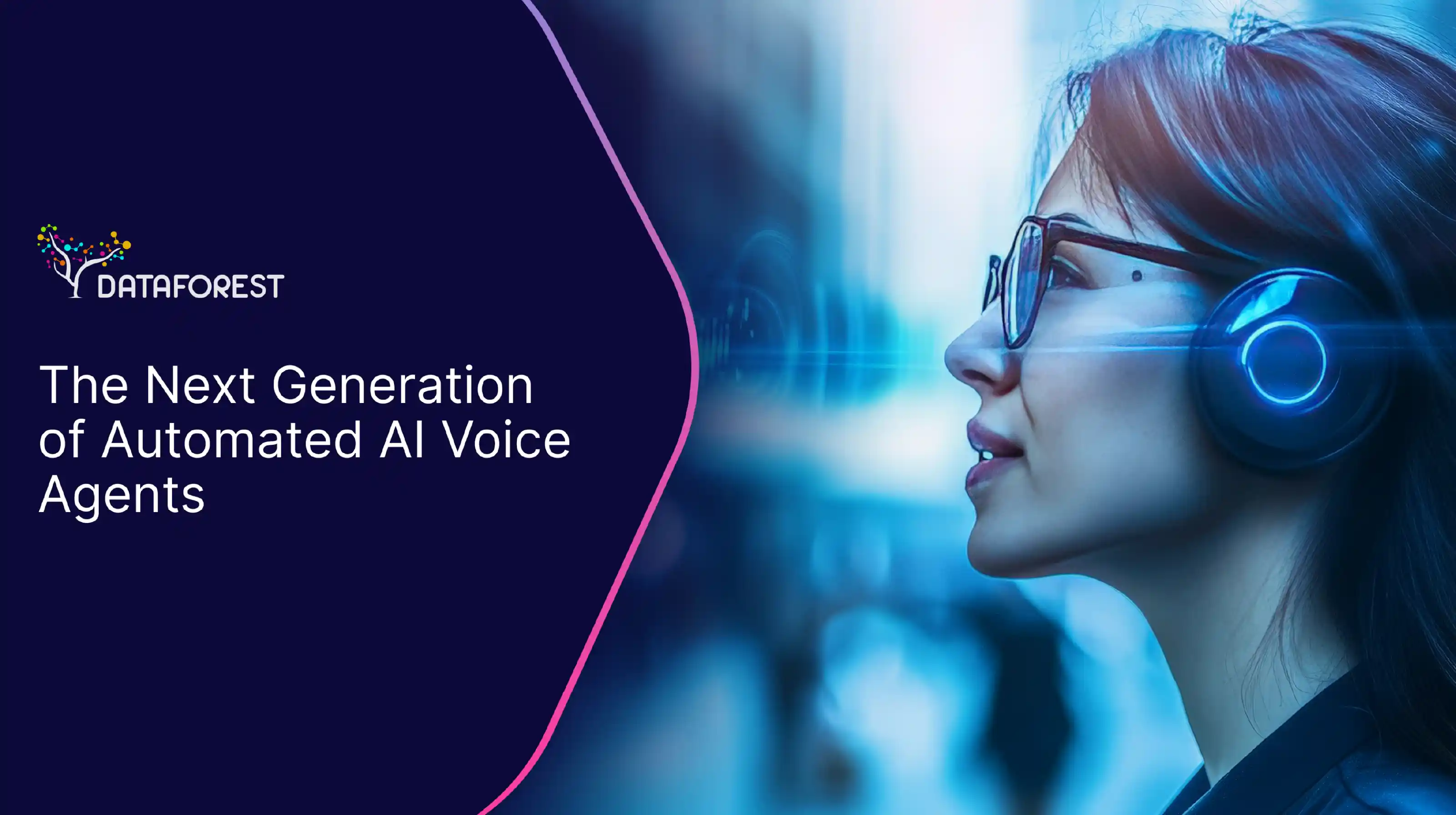What's the difference between using public LLMs like GPT-4 versus developing a custom model for our business needs?
Public LLMs offer broad, generalized intelligence but lack a nuanced understanding of your specific business context and data. Custom models—designed through Gen AI consulting services and executed by generative AI consultants—are engineered to capture your unique organizational knowledge, industry-specific language, and precise operational requirements, delivering much higher accuracy and relevance.
How do you ensure our proprietary data isn't exposed when training or fine-tuning AI models?
Our generative AI consultancy and AI transformation advisory teams implement rigorous data anonymization techniques, including tokenization, encryption, and strict access controls to prevent exposure of sensitive information during model training. Our approach ensures that proprietary data is systematically obfuscated while allowing the model to learn critical patterns and insights.
What benchmarks and KPIs should we establish to measure the effectiveness of our Generative AI implementation?
Our generative AI advisory and Gen AI consultation services help you define both quantitative metrics—like task completion speed, accuracy gains, and cost savings—and qualitative indicators, including user satisfaction and alignment with business goals. These KPIs provide a full-spectrum view of AI impact.
Can we integrate Generative AI with our existing enterprise software (ERP, CRM, etc.), and what's the typical integration process?
Our AI transformation consulting and Gen AI implementation consultants handle full-cycle integration via middleware, APIs, and custom connectors. We ensure that generative AI platforms align tightly with your enterprise stack while enforcing robust security and continuity protocols.
How do you approach hallucination prevention in Generative AI models for business-critical applications?
As part of our generative AI in consulting practice, we employ multiple mitigation strategies, including strict context-grounding, probabilistic filtering, and continuous model validation against verified knowledge bases. Advanced techniques like retrieval-augmented generation (RAG) and ensemble modeling help ensure that AI responses remain factually accurate and aligned with business-specific requirements. This is managed by specialized Gen AI assessment consultants to ensure outputs remain reliable, verifiable, and aligned with domain-specific truths.
What's the typical timeline and process for developing a custom LLM versus fine-tuning an existing one?
A complete custom model, typically led by a generative AI consultancy, takes 6–12 months and requires significant resources. Fine-tuning an existing model—often led by a Gen AI implementation consultant—can be completed in 2–3 months with lower costs and faster deployment, especially when tied to narrow use cases.
How frequently do AI models need to be retrained or updated, and what's the maintenance process like?
Through our Gen AI consulting services, we recommend retraining every 3–6 months, depending on data drift and performance decay. Our generative AI consultants oversee model monitoring, data refresh cycles, incremental tuning, and alignment with evolving business or regulatory contexts.
Do Generative AI consulting firms use Gen AI by themselves?
Top-tier Generative AI consulting firms recommend AI technologies and actively use them throughout their consulting processes, from initial client research and proposal generation to project management and deliverable creation. This ensures our gen AI consultation services are grounded in hands-on experience and continuous validation.
.webp)
.svg)






.svg)


.svg)
.svg)
.svg)
.svg)
.svg)

.svg)



.svg)







































.webp)














